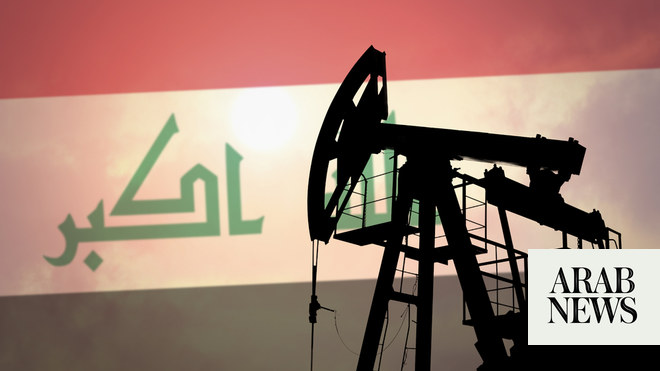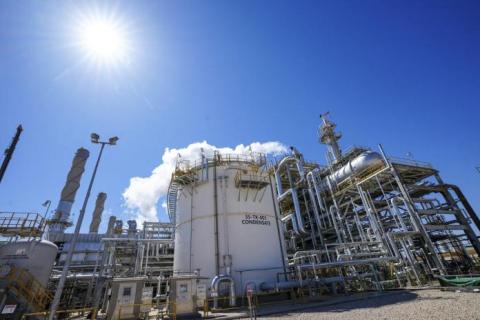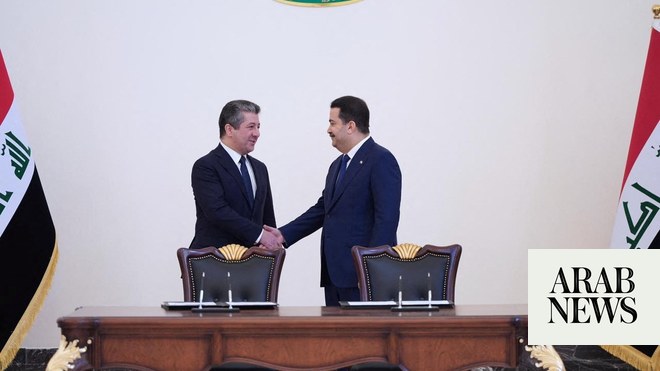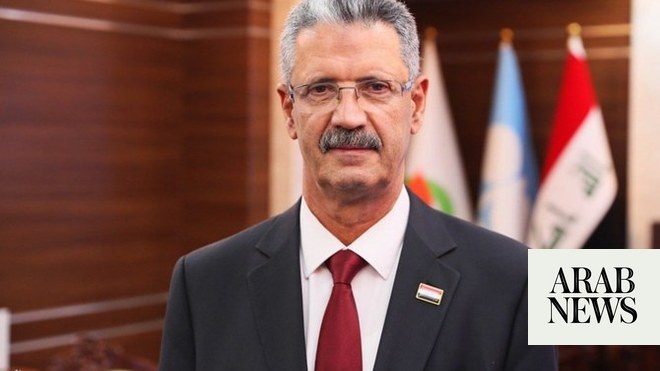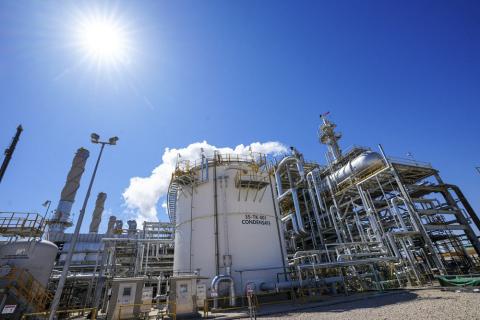
Iraq's federal government and the Kurdistan Regional Government (KRG) are close to striking a deal aimed at resuming northern oil exports, four sources familiar with the discussions told Reuters on Saturday.
Türkiye stopped pipeline flows from the Kirkuk fields in northern Iraq's semi-autonomous Kurdistan region to its port of Ceyhan on March 25, after it lost an arbitration case brought by Baghdad.
In the case, Iraq accused Türkiye of violating their 1973 pipeline agreement by allowing the Kurdish government to export oil without Baghdad's consent between 2014 and 2018.
The halted flows of around 450,000 barrels per day (bpd) only accounted for about 0.5% of global oil supply, but the stoppage, which forced oil firms operating in the region to halt output or move production into rapidly-filling storage tanks, still helped boost oil prices last week back to near $80/bbl.
An initial agreement between the two sides states that Iraq's northern oil exports will be jointly exported by Iraq's state-owned marketing company SOMO and the KRG's ministry of natural resources (MNR), according to two of the sources – a senior Iraqi oil official and a KRG official.
Revenues will be deposited in an account managed by the MNR and supervised by Baghdad, the KRG official said.
The preliminary agreement has been sent to Iraq's prime minister for final approval, according to two of the sources. The KRG source expects the deal to be confirmed by Monday.
The KRG declined to comment. Iraq's oil ministry spokesman could not immediately be reached outside regular business hours.
Baghdad and the KRG have agreed to continue meetings following the resumption of oil exports to find solutions to other lingering problems.
"[These include] the contracts of the foreign companies operating in Kurdistan and the Kurdish debts," the senior Iraqi oil official said.
With its oil exports at a standstill, Kurdistan had halted repayments to energy traders including Vitol and Petraco on crude cargo deals worth $6 billion, trading sources said.
Another sticking point in discussions so far has come from the Turkish side.
A second arbitration case relating to the 1973 pipeline agreement for the period from 2018 onwards remains open, and one source said this could take around two years to settle.
Türkiye wants that case resolved before reopening the pipeline, three sources told Reuters.
A Turkish senior official said Türkiye has yet to be informed about the initial agreement by the KRG or federal Iraqi officials and that discussions are ongoing.




